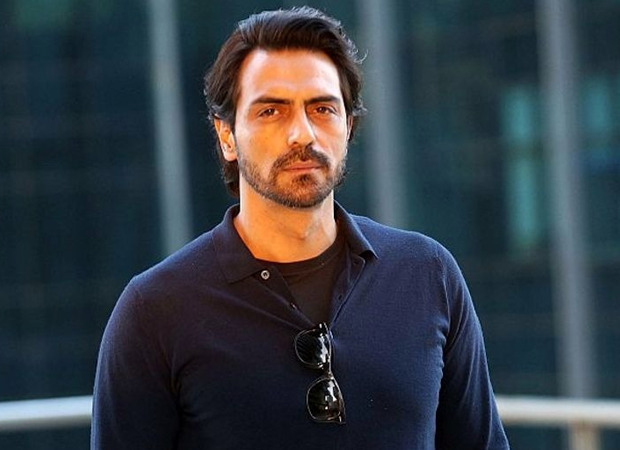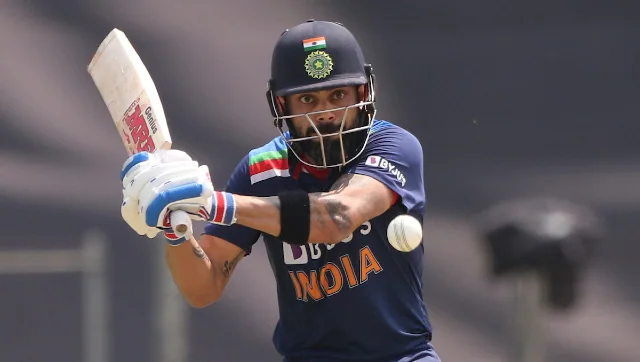IN 1990, when Hindi film music was in a stage of flux, churning out just about everything, filmmaker Mahesh Bhatt’s Aashiqui woke up a melody-starved nation with gentle tunes that remain popular to this day. The soundtrack for a quaint romance between a model and a club singer sold 20 million units, turning it into the bestselling Bollywood soundtrack of all times and cementing music composer duo Nadeem-Shravan’s career in the mainstream industry.
Shravan Rathod, one half of the music duo, died of Covid-related complications Thursday night at Mumbai’s SL Raheja hospital. He was 66.
Crooned by Kumar Sanu and Anuradha Paudwal, Nadeem-Shravan compositions suddenly brought melody back into the game. The tune resonated. Not just with the masses, but also Hindi film music’s staunchest critics, although one song came under the spotlight for plagiarism.
The duo followed Aashiqui with impressive soundtracks in Saajan (1991), Dil Hai Ki Manta Nahin (1991), Sadak (1991), Phool Aur Kaante (1991), Deewana (1992), Hum Hai Rahi Pyar Ke (1993), Dilwale (1994) and Raja Hindustani (1996) among others.
The music was familiar yet had an accent that was completely their own. It was the dholak and harmonium sound, with heaving strings, bongos and accordions in place. In that decade, the only competition that Nadeem-Shravan found was from two corners — Jatin Lalit and AR Rahman, who also delivered massive hits.
Born in a musical family, Shravan’s father was Hindustani classical singer Pt Chaturbhuj Rathod and was inspired by Kalyanji-Anandji’s music as a child. His brother is popular playback singer Roop Kumar Rathod.
Shravan met Nadeem Saifi in the 70s and composed for a few regional films and other commercial projects before Aashiqui came. Their career continued until Nadeem was caught in the accusations regarding T-series owner Gulshan Kumar’s murder. Nadeem chose self-exile in Dubai and London, and in 1997, the duo fell apart. They came together in 2000 and delivered Dhadkan and Raaz (2002). Shravan retired from active music-making in 2005.




